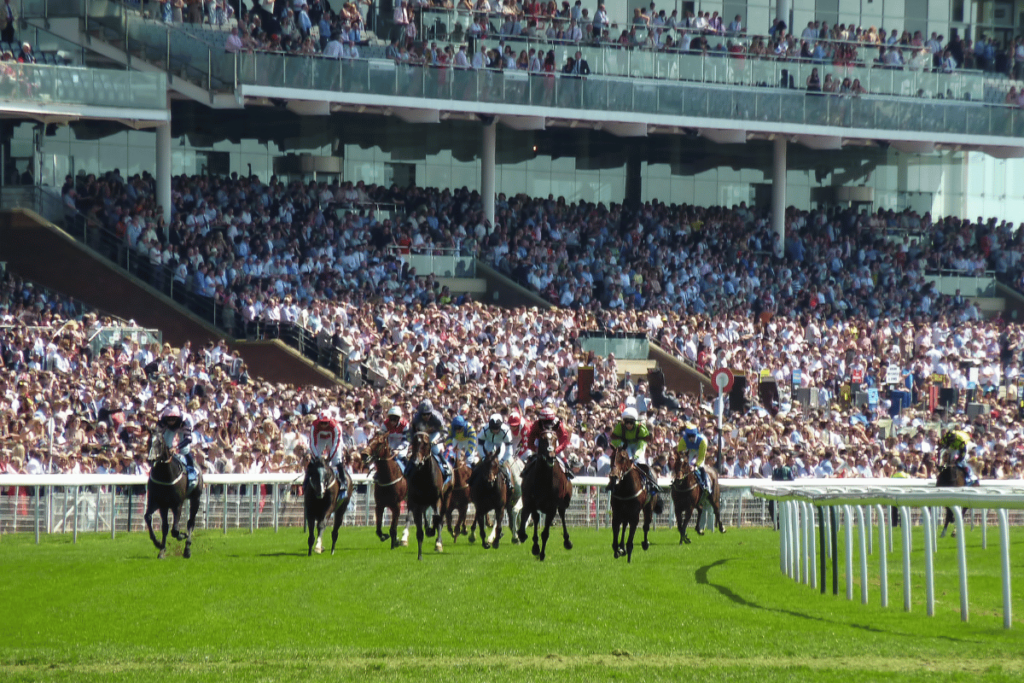After months of campaigning and high-profile interventions, UK horse racing is poised to learn whether its “Axe the Tax” campaign has succeeded in shielding the sport from higher gambling duties. The outcome hinges on the upcoming budget, where the chancellor is expected to address the proposed harmonisation of gambling taxes.
The focus is on the potential alignment of the General Betting Duty (GBD), currently at 15% of operators’ gross profits, with the higher Remote Gaming Duty (RGD) of 21% on online gaming. Racing industry experts warn that harmonising the rates could cost the sport £66 million in the first year and up to £330 million over five years, threatening nearly 3,000 jobs initially. The wider racing ecosystem supports 85,000 jobs, many in rural areas, making the stakes higher than just tax policy.
Campaigners argue that high-frequency gaming products, associated with higher gambling harm and limited economic contribution, are a fairer target for tax increases. Support from figures like former prime minister Gordon Brown, who backed higher gaming duties while protecting racing, shifted the debate away from tax harmonisation.
Recent reports suggest that the budget may exempt horse racing from higher gambling taxes while increasing duties on online and high-street gaming. From the sport’s perspective, this outcome would represent a significant victory for a campaign that began in April. Industry insiders now feel cautiously optimistic that racing could avoid the proposed financial blow.
The broader picture reflects the UK gambling industry’s evolution over the last two decades. The 2005 Gambling Act fuelled growth in high-street betting and online gaming, culminating in years of rapid expansion. Regulatory reforms, such as the reduction of stake limits on Fixed Odds Betting Terminals (FOBTs), have shown that well-targeted interventions are possible without collapsing the betting sector.
The latest budget developments could mark a turning point. If racing avoids a substantial duty increase, it may have successfully separated itself from the high-growth gaming sector just as pressures mount on online and high-street gaming profits. For the sport, timing could not be more crucial: this budget may determine whether racing preserves its economic contribution while gaming bears the brunt of tax reforms.

